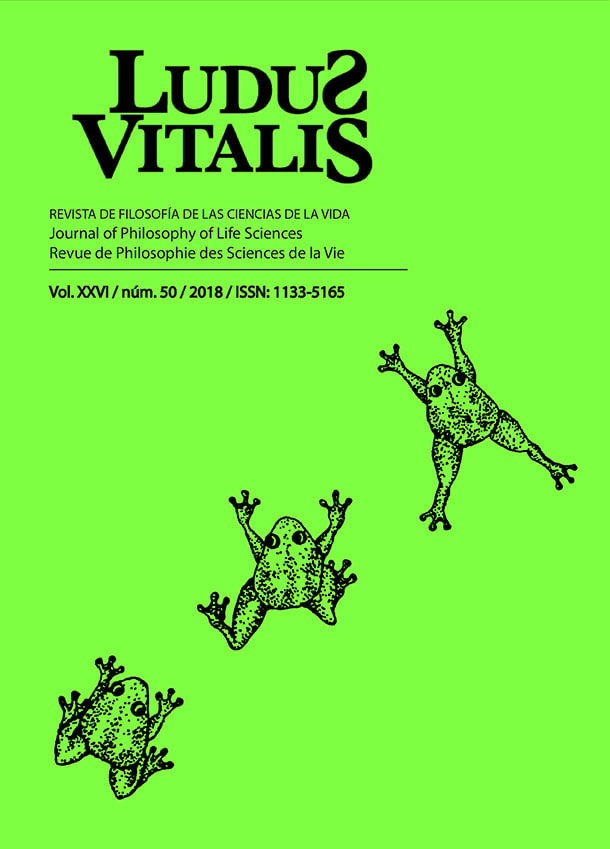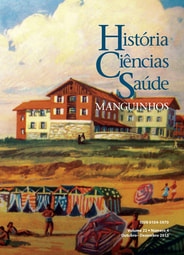Life
Start Date: February 2013.
Affiliation: Centro de Estudios de Historia de la Ciencia y la Técnica José Babini (CEJB), Universidad Nacional de San Martín (UNSAM), Buenos Aires, Argentina.
Affiliation: Centro de Estudios de Historia de la Ciencia y la Técnica José Babini (CEJB), Universidad Nacional de San Martín (UNSAM), Buenos Aires, Argentina.
|
The Quest for a Holistic and Historical-Developmental Theory of the Organism
In this work the doctrine of organicism will be addressed, as explained and seen mainly by Bertalanffy. We will study how this doctrine represents and embodies the ambiguity of Kantian teleology as a regulative principle, and how this same problem leads to consider a real problem as a knowledge problem. It will be concluded that organicism, conceived in this way, does not represent a true holism, but what we will call a syn-holism, a synthesis or assembly, and that to obtain a true holism we must resort to the concept of true form. Finally, it will be established that since the fundamental characteristic of an organism is its development, a historical theory of the organism is required for which the concept of field can be useful and necessary.
|
|
Life: the Center of our Existence
Life is the center of our existence. One would be tempted to affirm that above all we live. However, our existence does not seem to take place in that modality. The exacerbated materialism in which our existence takes place, displaces life from the center of the scene. Our society is organized around production, consumerism, exploitation, efficiency, trade and propaganda. In other words, our existence seems to have economy as the center of organization of our activities. The struggle of this beginning century is to put life at the center of our existence, and to put economy in its proper place, that is, at the service of life.
|
|
The Principle of Life: from Aristotelian Psyche to Drieschian Entelechy
Is life a simple result of a conjunction of physico-chemical processes? Can be reduced to a mere juxtaposition of spatially determined events? What epistemology or world-view allows us to comprehend it? Aristotle built a novel philosophical system in which nature is a dynamical totality which is in constant movement. Life is a manifestation of it, and is formed and governed by the psyche. Psyche is the organizational principle of the different biological levels: nutritive, perceptive and intelective. Driesch's crucial experiment provided empirical proof of the principle of life, which he called entelechy. Entelechy is an intensive manifoldness and cannot be comprehended by the usual extensive parameters. The entelechian's own ambiance is duration. This allows the reintroduction of the concept of teleology in the sphere of the living, understood not as a final cause, but as an order born from desire and leading to action.
|
|
Life as Normative Activity and Self-realization: Debate surrounding the Concept of Biological Normativity in Goldstein and Canguilhem
The influence of Kurt Goldstein on the thinking of Georges Canguilhem extended throughout his entire work. This paper seeks to examine this relationship in order to conduct a study of the norm as a nexus or connection between the concept and life. Consequently, this work will be a reflection on the approach to life as a normative activity and self-realization. For this, it will be necessary to redefine the concepts of health and disease, and make a crossover between the two. At the end of this trajectory, it will be found that these concepts can explain the identity between the concept and life, which leads to the unexpected conclusion that the cure is ultimately self-healing.
|


